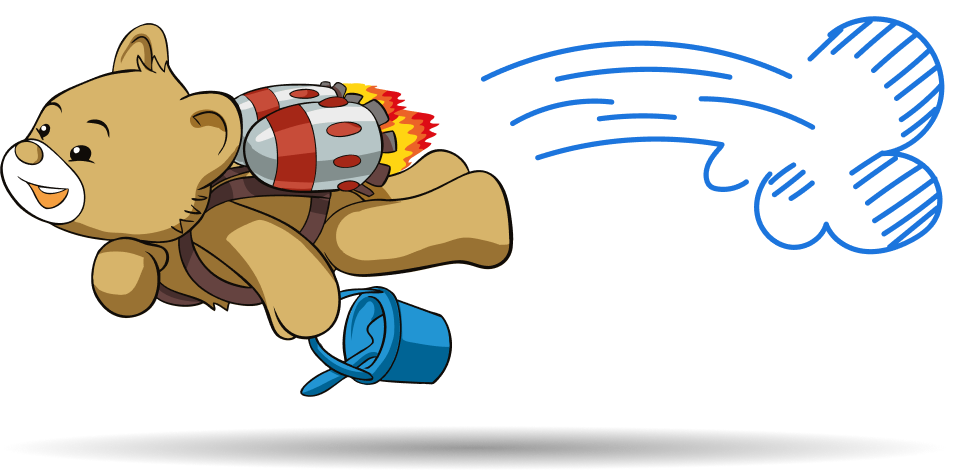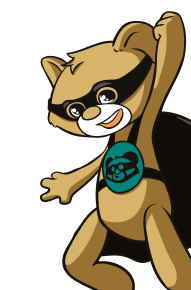Priorities of the method
Teddy Eddie is a method of teaching English to children aged 2-7. It focuses on communication and understanding natural language.
Learning takes place through play and language games, and the teaching techniques used ensure spectacular results at every level of the course.
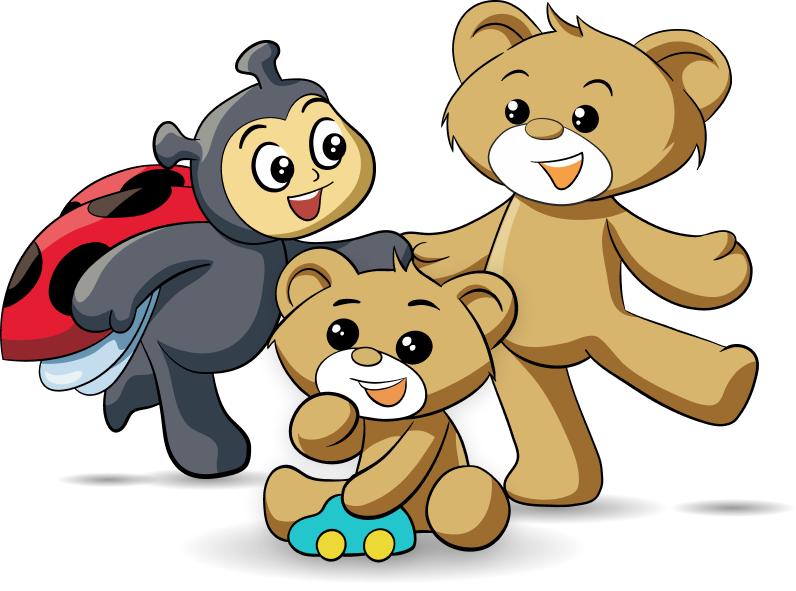


Levels

Start
2 to 3-year-olds
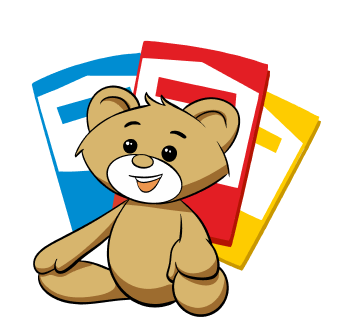
Standard
4 to 5-year-olds
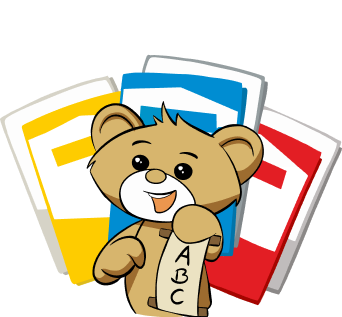
ABC
5 to 6-year-olds
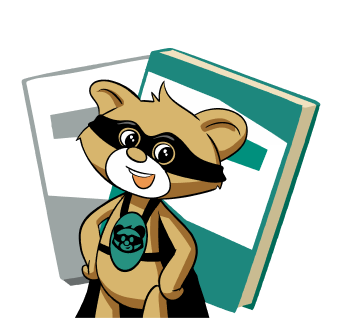
Superhero
7-year-olds
Teddy Eddie Start
Teddy Eddie Start is an English course for 2 and 3-year-olds. Children don’t just learn their first words in a foreign language – our English programme for toddlers is all about immersion, making learning as natural as possible. Classes are packed with fun, child-friendly language activities.
First exposure to a foreign language – children are introduced to English through full sentences, songs, rhymes and stories.
Communication benefits – children quickly accept that English is used to communicate and do not view learning the language as an artificial process.
Social benefits – before we even get to language outcomes, Teddy Eddie Start is all about building peer relationships and social skills.
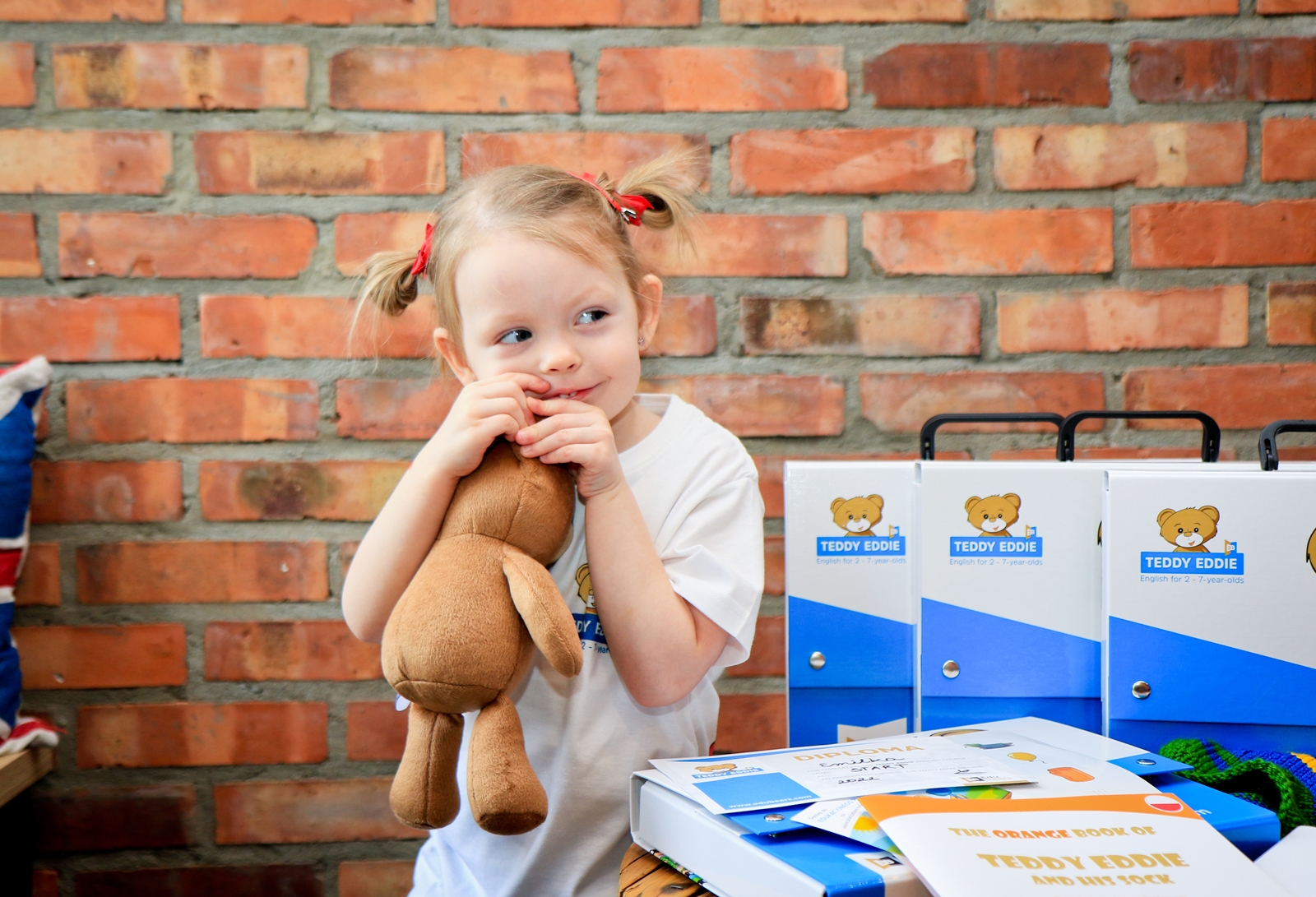

Teddy Eddie Standard
Teddy Eddie makes the most of the enormous linguistic potential of 4 and 5-year-olds. Children start to have their first conversations in English, act out stories and real-life scenes, and play games that require them to use English.
Total immersion – lessons are taught in English, which means that communication in the language quickly becomes natural.
Communication benefits – with their natural need to communicate and with the right encouragement, children are eager to try and use a foreign language to express themselves.
Pronunciation and intonation – younger children are more likely to acquire natural English pronunciation and intonation because their speech apparatus is still flexible.
Effortless learning – teaching through play makes learning a more enjoyable and relaxed experience.
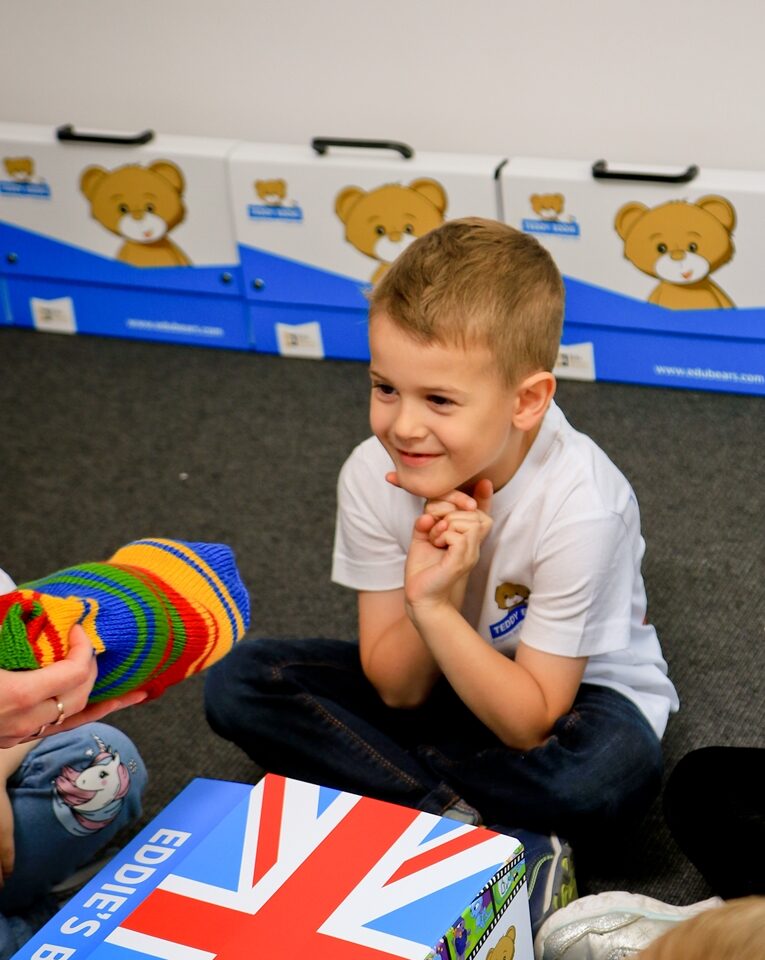


Teddy Eddie ABC
Children are ready to start the ABC level at the age of 5 or 6. Total immersion, lots of recordings (songs, rhymes, stories) and vocabulary that is always practised in full sentences – this is our definition of a good English programme for preschoolers.
Introduction to reading – children begin to read their first English words and even whole sentences.
Listening comprehension – as well as learning vocabulary, children develop the ability to understand the overall meaning of what is being said.
Communication benefits – exposure to a wealth of material encourages children to communicate freely in English.
Engagement in the classroom – young children are eager to participate in the language games and activities introduced by the teacher in class, and to consolidate the material at home.
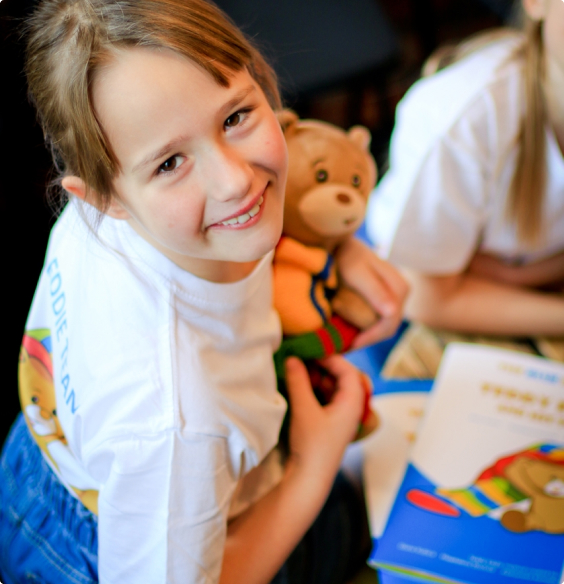
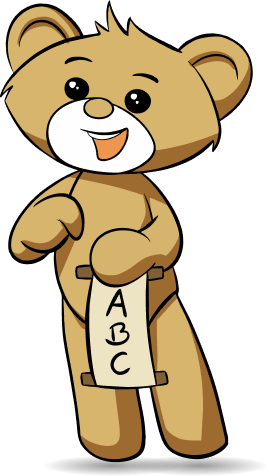
Teddy Eddie Superhero
Teddy Eddie Superhero is designed to meet the needs and expectations of children starting primary school. Our teddy bear is a Superhero now, helping English learners to associate language with being able to do anything!
Communication in the classroom – at this level, it is mixed with reading activities and play so that children can develop new, more advanced skills.
Learning to read – takes the form of engaging activities, many of them involving movement and gamification. Children begin to read whole sentences and even short texts in English.
Homework – to improve learning outcomes, at this level we start to introduce regular language practice at home in the form of games in the Playground app.
Continuity of learning – after the Superhero course, children progress to a challenging follow-up programme: the Savvy Ed method. Our aim is to make sure that the language potential they have unlocked continues to grow.
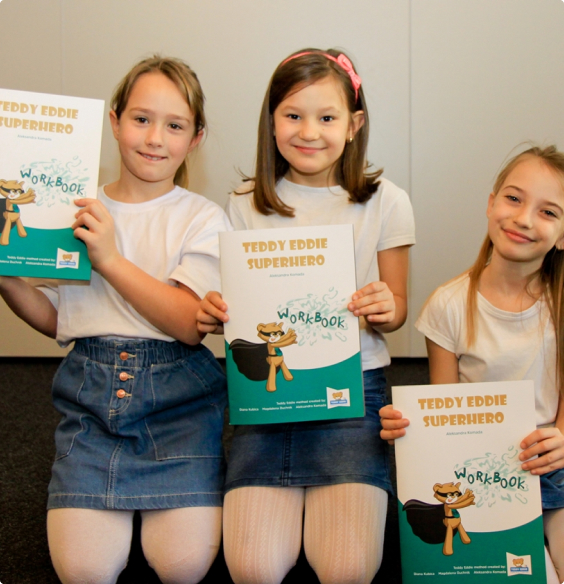
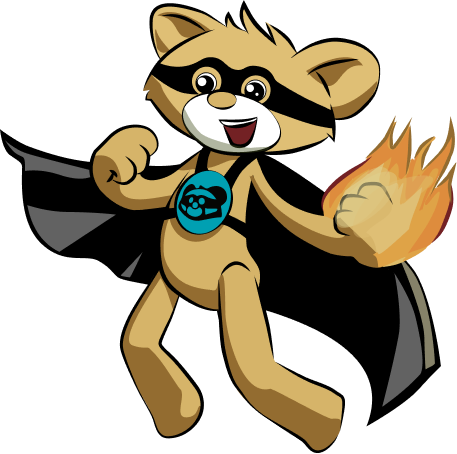
AN AMBITIOUS EDUCATIONAL PATHWAY
Teddy Eddie, an English programme for children aged 2-7, is the first stage of our educational pathway. It is followed by Savvy Ed – a method for children aged 8-11. Later, students can progress to the Edward’s League method, which is intended for 11 to 14-year-olds. Our learning pathway makes it possible for children to achieve an advanced level of language proficiency while still at primary school.
